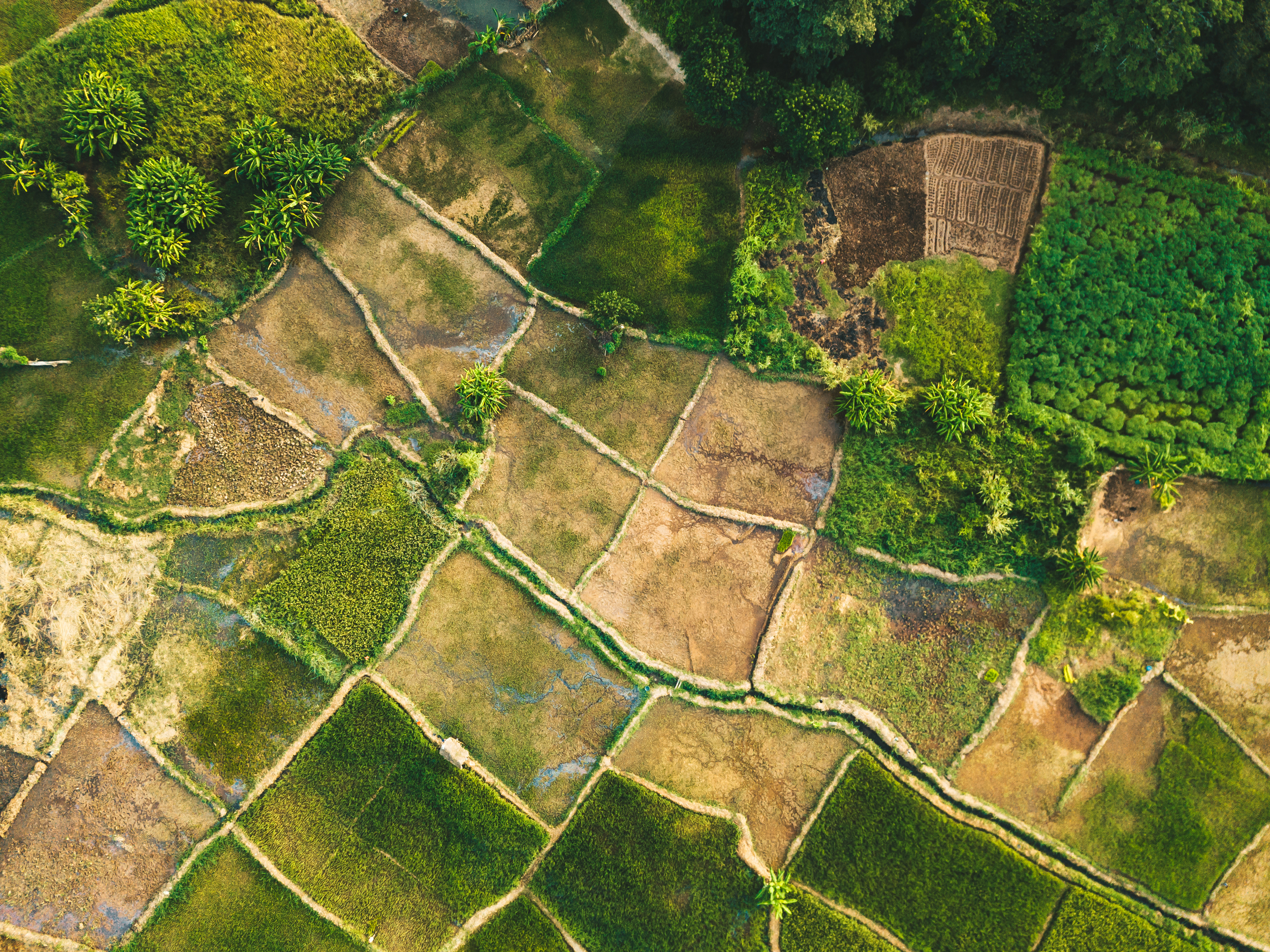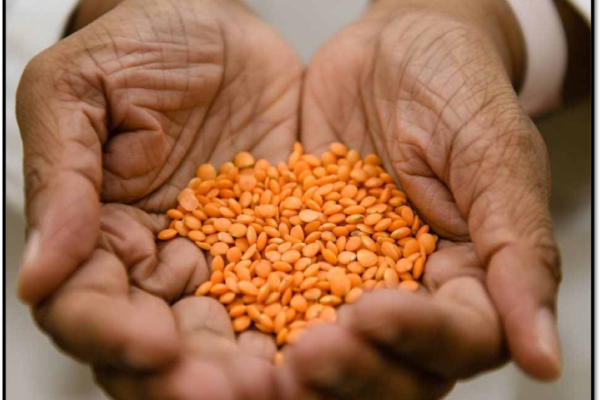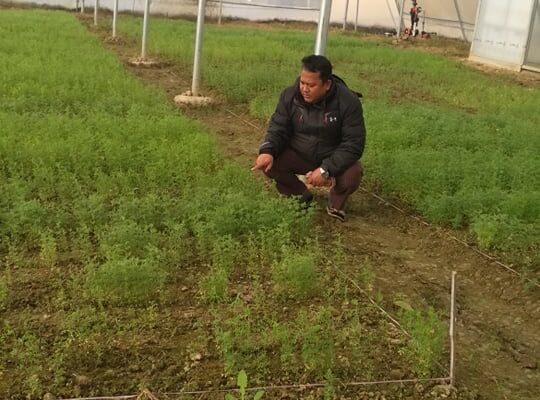Malnutrition is an enduring problem in Nepal. Many Nepalese don’t have access to enough food, and the food they do have lacks the nutrients and protein they need to stay healthy. Despite the fact that 70% of the workforce engages in farming, more than one-third of youth experience stunting, and there are alarming rates of anemia, ranging from 40-60% in women and children.
In a country suffering from malnutrition, local scientists have the potential to make a huge impact. By breeding more nutritious seeds, scientists can help farmers get access to improved varieties. In Nepal, an astonishing 85% of smallholder farmers are using seed varieties that are decades old. In other words, most farmers are using outdated seeds that can’t stand up to a rapidly changing environment.
Rajendra Darai, a lentil breeder at the Nepal Agricultural Research Institute, is working to provide the best quality crops for his country. For Darai, this work gets to the heart of why he became a scientist.
”If we can breed better lentils, we can make a large impact on environmental, social, economic and food security. We want to provide nutritious food that comes from our lands.
Rajendra DaraiSenior scientist and coordinator at the Nepal National Agricultural Research Institute
Nepalese breeders are being trained on how to use the low-cost tool, and thus will play a key role in increasing the nutrition quality of lentils grown in the country in the long-term.
The tool is an investment that will bring high returns, and leave the future in the hands of locals. Dil Thavarajah, associate professor of pulse quality and nutrition at Clemson, has led the lab work to develop and test the tool at Clemson University. She is in charge of training breeders like Darai to use the tool in the long-term.
The tool offers local breeders a low-cost solution to select the best lines of lentils. In doing so, breeders like Darai provide hope to end hunger and malnutrition in Nepal.
“If the lentils that are grown in the country can have more protein, then the nutrition levels of the entire population would improve. Breeders like Rajendra will be able to lead Nepal towards a more food-secure, nutritious livelihood.” Thavarajah said.









